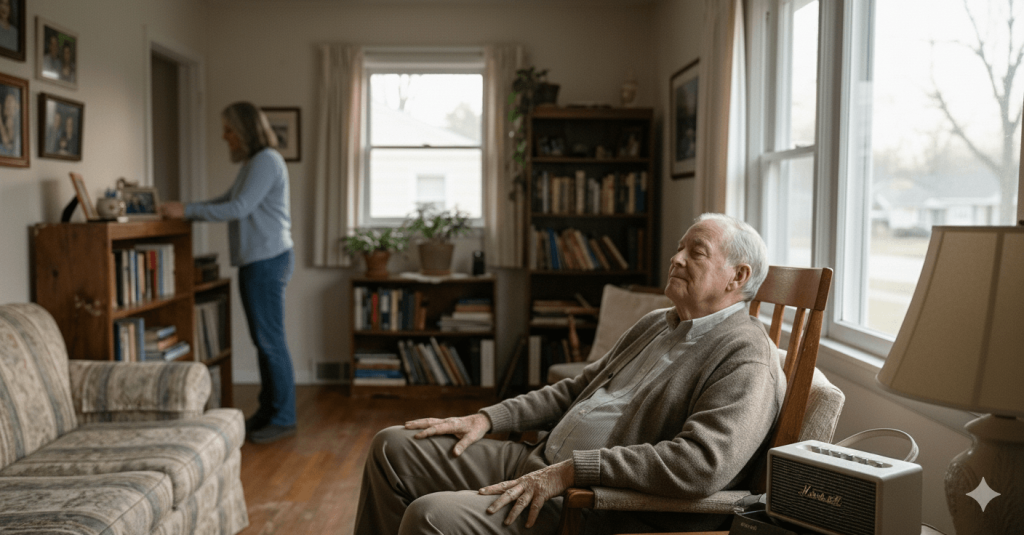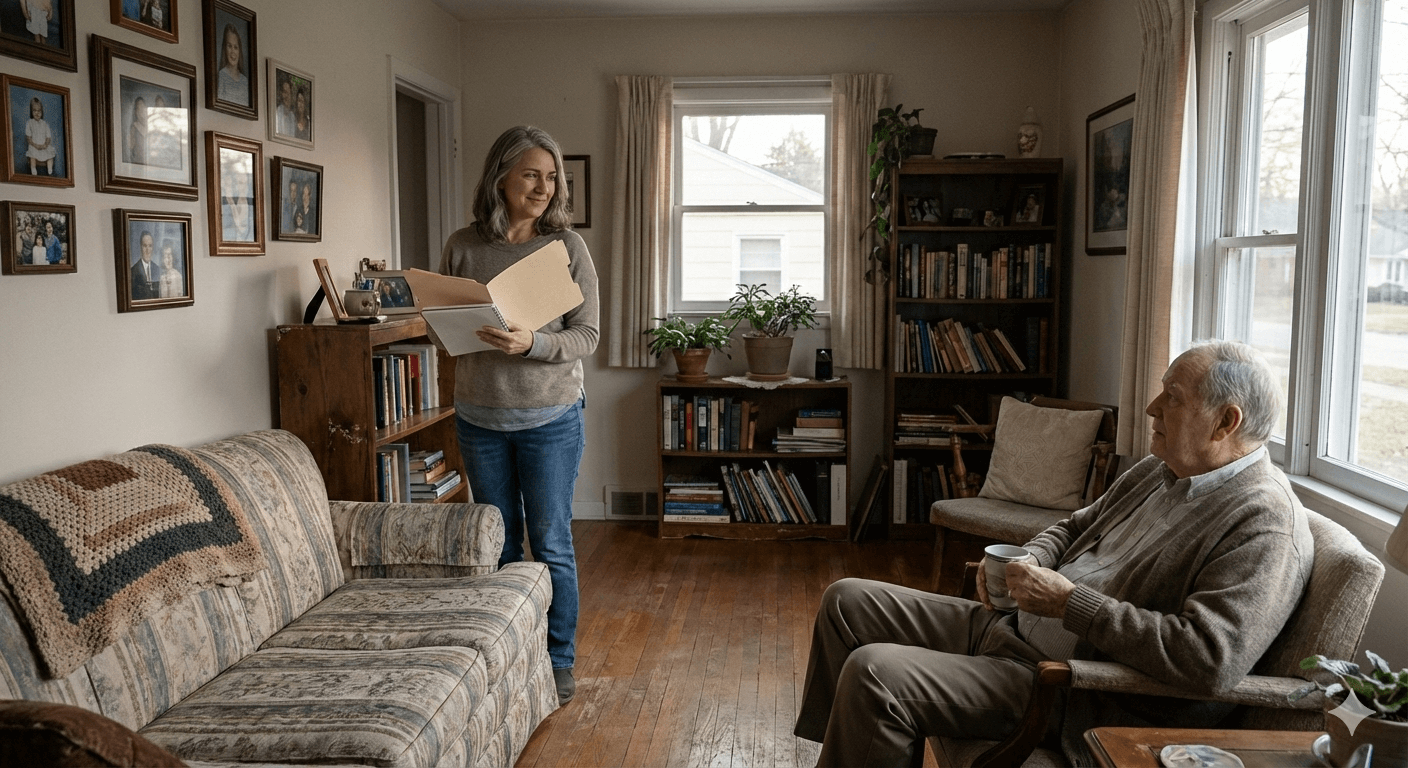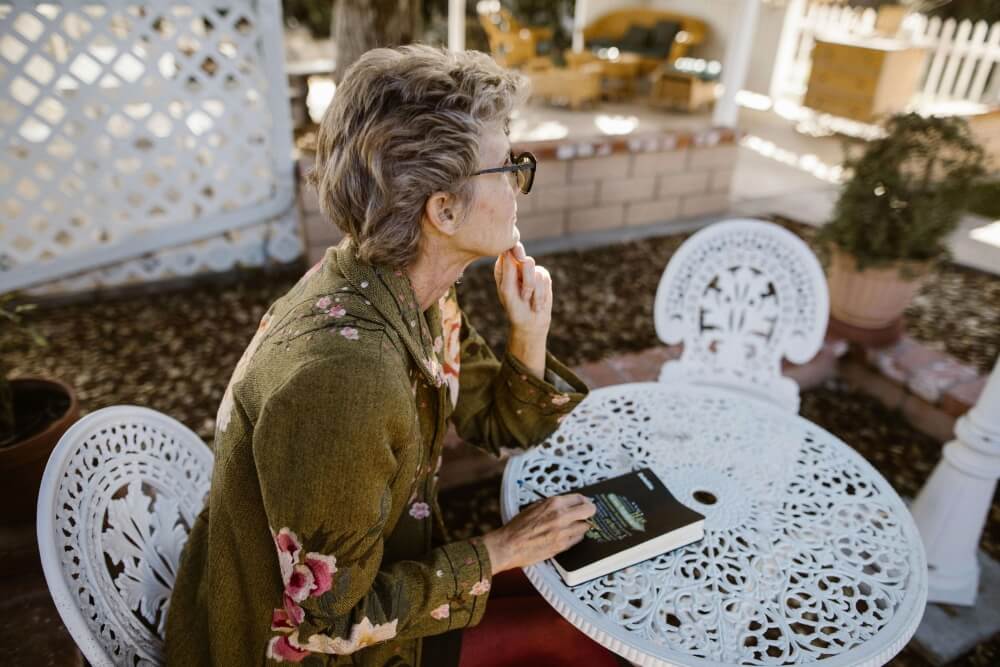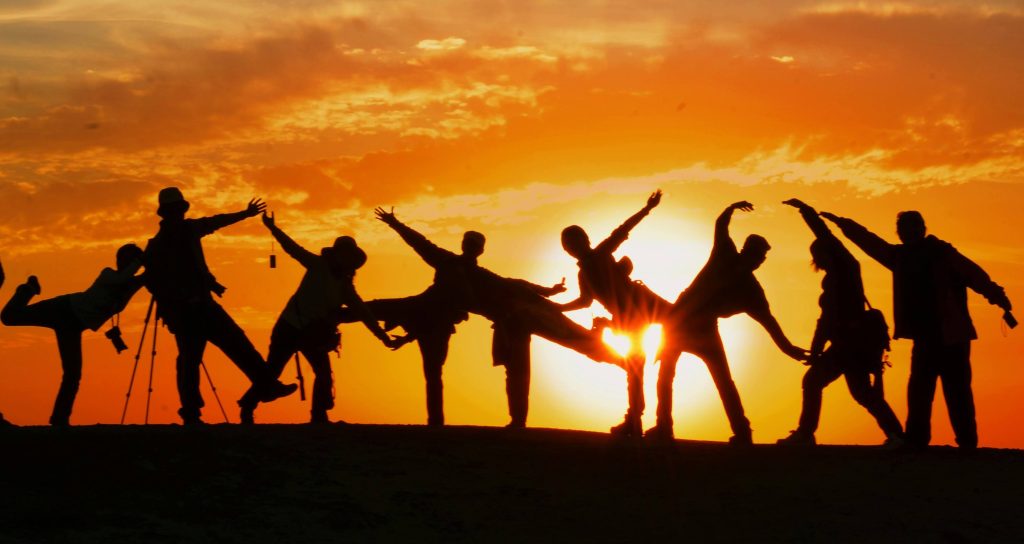Why Preparing for Home Care Matters Before the First Visit
If you grew up rewinding cassette tapes with a pencil, programming the VCR blinking 12:00, or calling home to say “I’ll be late” from a payphone, you know what it’s like to solve problems hands-on. You figured things out. You adapted. You showed up. Preparing for Home Care involves the same kind of problem solving.
Now, many Gen Xers and Boomers find themselves facing a new kind of responsibility, helping a parent, spouse, or even themselves navigate aging, illness, or recovery at home. And suddenly, the question isn’t whether help is needed, but how to do it right.
In-home care can be one of the most powerful tools available, when it’s prepared for thoughtfully and used well. When it’s not, it can feel awkward, intrusive, or disappointing.
In-home care works best when you prepare both the home and the people involved. This means adjusting the physical space for safety, setting clear expectations, communicating openly, and treating caregivers as partners, not just hired help. When done well, in-home care can preserve independence, dignity, and peace of mind for everyone involved.
Why In-Home Care Is Different (and Why Preparation Matters)
Unlike hospitals or assisted living facilities, home care happens in the most personal place there is, your home. This isn’t a neutral environment. It’s filled with routines, memories, preferences, and emotions.
For many older adults, accepting in-home care can feel like:
- Losing independence
- Letting a stranger into private space
- Admitting vulnerability
For family members, it can feel like:
- Guilt for not “doing it all” themselves
- Anxiety about trust and safety
- Uncertainty about roles and boundaries
Preparation bridges that gap. It turns in-home care from something that happens to you into something you actively shape.
Step One: Preparing For Safety, Not for Perfection
You don’t need to renovate like it’s an HGTV reveal. You do need to think like someone who might be tired, unsteady, or unfamiliar with your layout.
Focus on safety first
Falls are one of the most common reasons older adults lose independence. Small changes can make a big difference:
- Remove loose throw rugs or secure them with non-slip backing
- Clear walkways of clutter, cords, and low furniture
- Improve lighting, especially in hallways and bathrooms
- Add nightlights for evening navigation
Pay special attention to bathrooms

Bathrooms are ground zero for accidents.
- Install grab bars near toilets and in showers
- Use non-slip mats inside and outside the tub
- Consider a raised toilet seat or shower chair
Make daily life easier
Think about what gets used every day:
- Place frequently used items within easy reach
- Reduce the need for bending, stretching, or climbing
- Create clear space for walkers or wheelchairs if needed
Preparing for Home Care isn’t about making the home “clinical.” It’s about making it livable for the next chapter.
Step Two: Consolidate Personal Information, Leave Nothing to Guessing
Remember how, before GPS, you’d write directions on a sticky note or print MapQuest pages? Caregivers need the modern equivalent.
Create a simple care binder or folder
This can be physical or digital, but it should include:
- Emergency contacts
- Medication lists and schedules
- Doctors’ names and phone numbers
- Allergies, conditions, and mobility limitations
Add the Human Details
The best care isn’t just medical, it’s person, emotional, and social. Include notes like:
- Preferred routines (early riser vs. night owl)
- Food likes and dislikes
- What helps during stress or confusion
- What not to do or what to avoid
These details help caregivers support dignity, not just tasks.
Step Three: Set Clear Expectations, Early and Clearly
Many frustrations with in-home care don’t come from poor care, they come from unclear expectations.
Be specific about roles
Before care begins, clarify:
- What the caregiver will handle
- What family members will handle
- What is not part of the role
For example, light housekeeping is different from deep cleaning. Companionship is different from medical care. Clarity prevents resentment on both sides.
Talk about schedules and flexibility
Life isn’t always predictable. Discuss:
- Arrival and departure times
- What happens if someone is late or ill
- How schedule changes are communicated
Preparing for Home Care sets a tone of professionalism and mutual respect.
Step Four: Prepare Emotionally, This Is the Part No One Talks About

For many Gen Xers, this is the first time roles reverse, where the parent who once packed lunches or fixed bikes now needs help getting dressed or remembering appointments.
That’s not small. And it deserves acknowledgment.
For the Person Receiving Care
They may feel:
- Embarrassed
- Resistant
- Afraid of being a burden
Involving them in decisions, what time care starts, who helps with what, how routines work. Restores a sense of control and should be part of preparing for Home Care .
For Family Members
You may feel:
- Torn between work, kids, and caregiving
- Frustrated that help is still not “enough”
- Relieved, and guilty for feeling relieved
All of that is normal. In-home care isn’t a failure of family. It’s a strategy for sustainability.
Step Five: Treat Caregivers as Partners, Not Just Providers
Build trust intentionally
The best outcomes happen when caregivers are seen as part of the team.
- Do a home walkthrough together
- Explain routines and preferences
- Encourage questions
Just like you wouldn’t toss someone the keys to your old station wagon without explanation, don’t assume care is self-explanatory.
Communicate regularly
Short check-ins can prevent small issues from becoming big ones:
- What’s working well?
- What’s changed?
- What could be adjusted?
This mirrors how many Gen X and Boomer households run successfully, open dialogue, not silent frustration.
Step Six: Think Beyond Tasks, Quality of Life Matters

In-home care isn’t just about bathing, meals, or medication reminders. It’s about how life feels.
Maintain Routines and Identity
- Favorite TV shows or music (yes, even the oldies or classic rock)
- Morning coffee rituals
- Hobbies, reading, or light activity
These aren’t extras. They’re anchors.
Encourage Independence Where Possible
Good care supports ability, not dependency.
- Let the person do what they can, even if it takes longer
- Accept that “safe” doesn’t always mean “fast”
This preserves confidence and dignity.
Step Seven: Plan for the Unexpected
Emergency Readiness
Just like keeping jumper cables in the trunk, preparation matters.
- Post emergency numbers clearly
- Make sure caregivers know the plan
- Keep medications and medical info accessible
Reassess Regularly
Needs change over time. What works today may not work in six months. Periodic reassessment keeps care aligned with reality.
It’s About Living, Not Just Aging
In-home care, when done well, doesn’t signal the end of independence. It can actually extend it. It allows people to:
- Stay in familiar surroundings
- Maintain routines and identity
- Receive support without losing themselves
For families, it offers peace of mind—not because everything is perfect, but because no one is doing it alone.
Ready to Take the Next Step?
If you or someone you love could benefit from compassionate, reliable in-home care, you don’t have to figure this out on your own.
📞 Call Happy Mountain Home Care at
954-654-8186
🌐 Visit www.happymtn.com
A thoughtful conversation today can make the next chapter safer, calmer, and more connected for every member of your family.

Dr. Samantha Montealegre, DNP, PMHNP-BC, is a Board-Certified Psychiatric Mental Health Nurse Practitioner with over 15 years of experience in direct patient care. She brings extensive expertise in family-centered care, ensuring that every client receives compassionate, reliable, and personalized support to enhance their well-being and independence.














